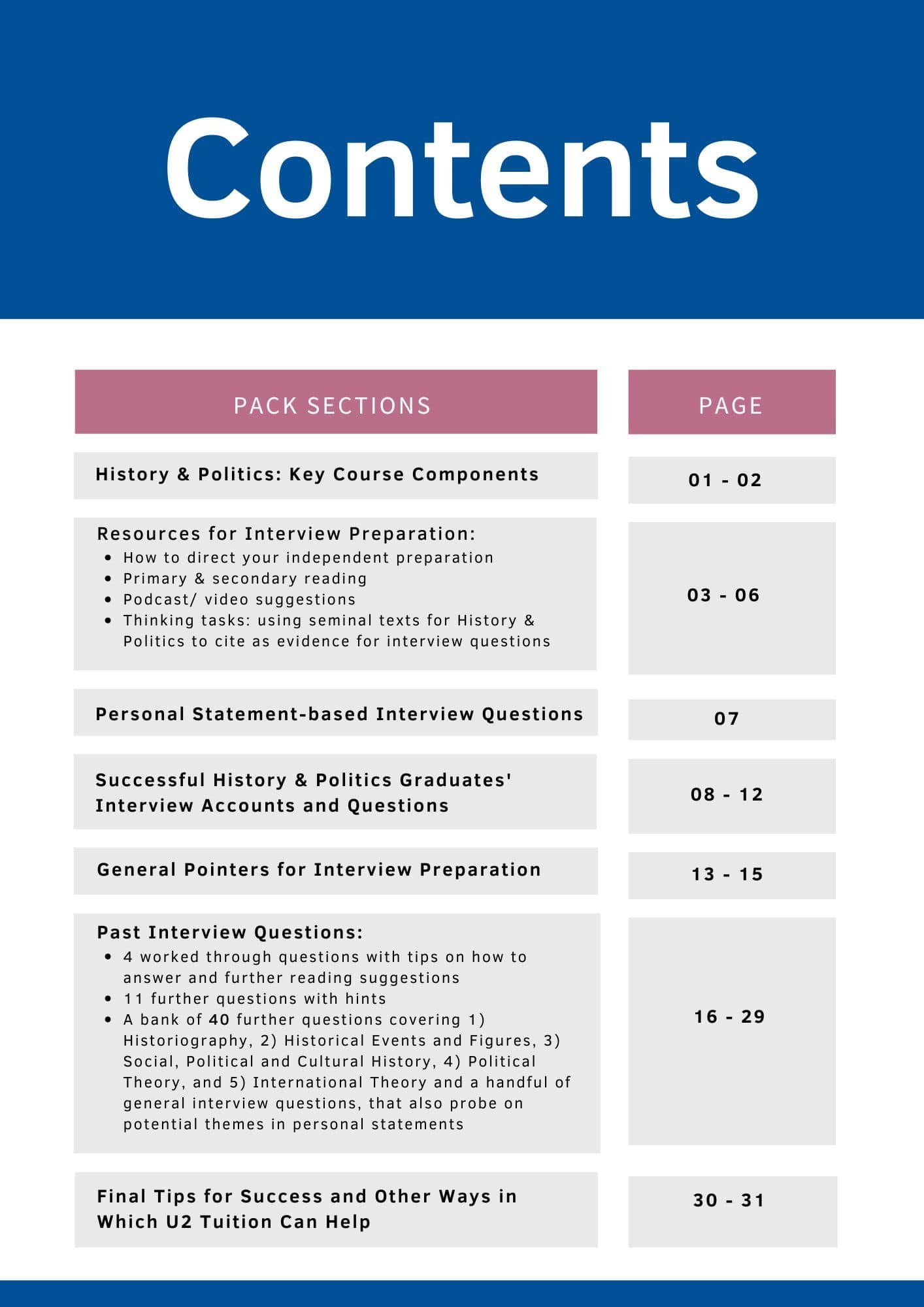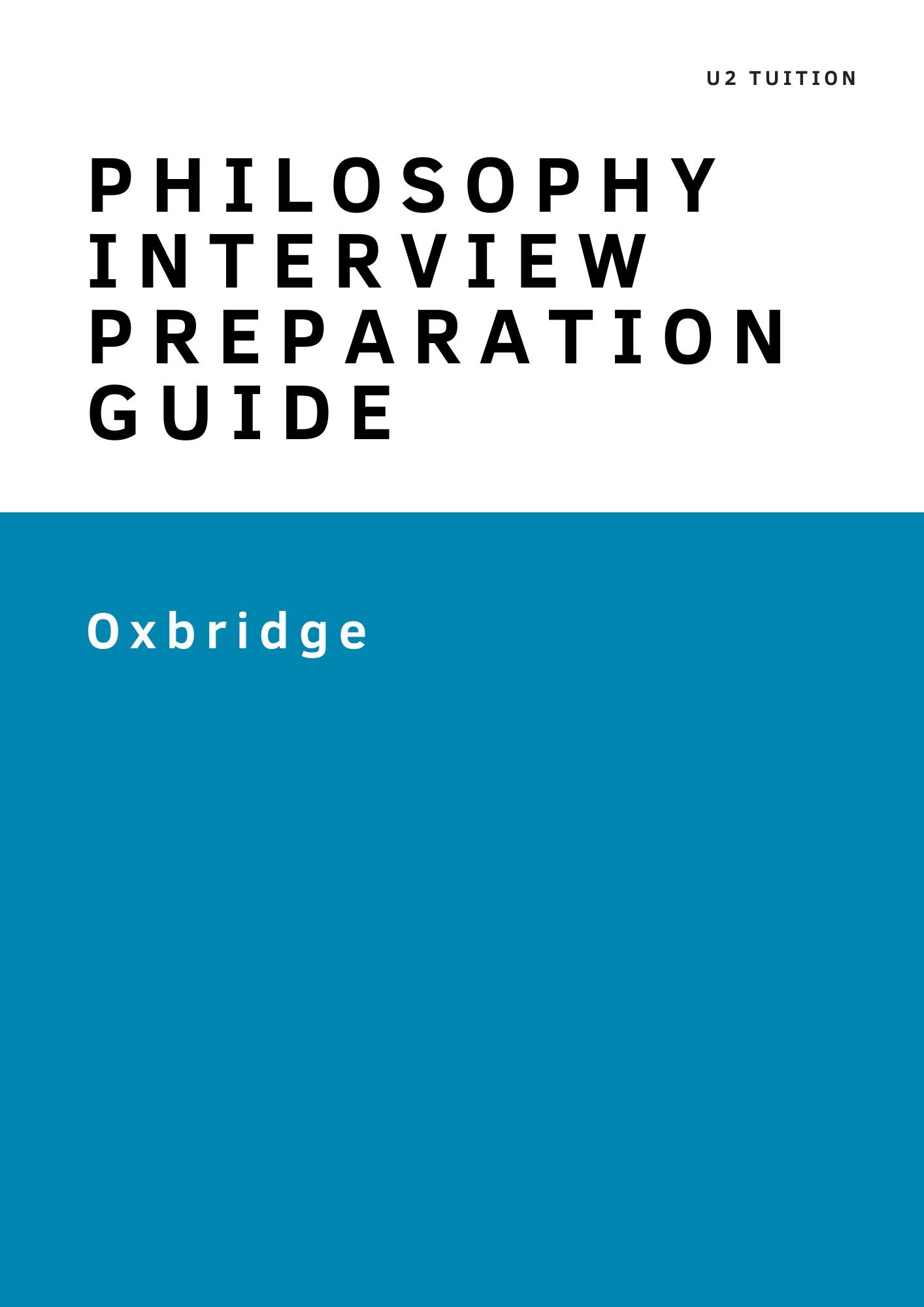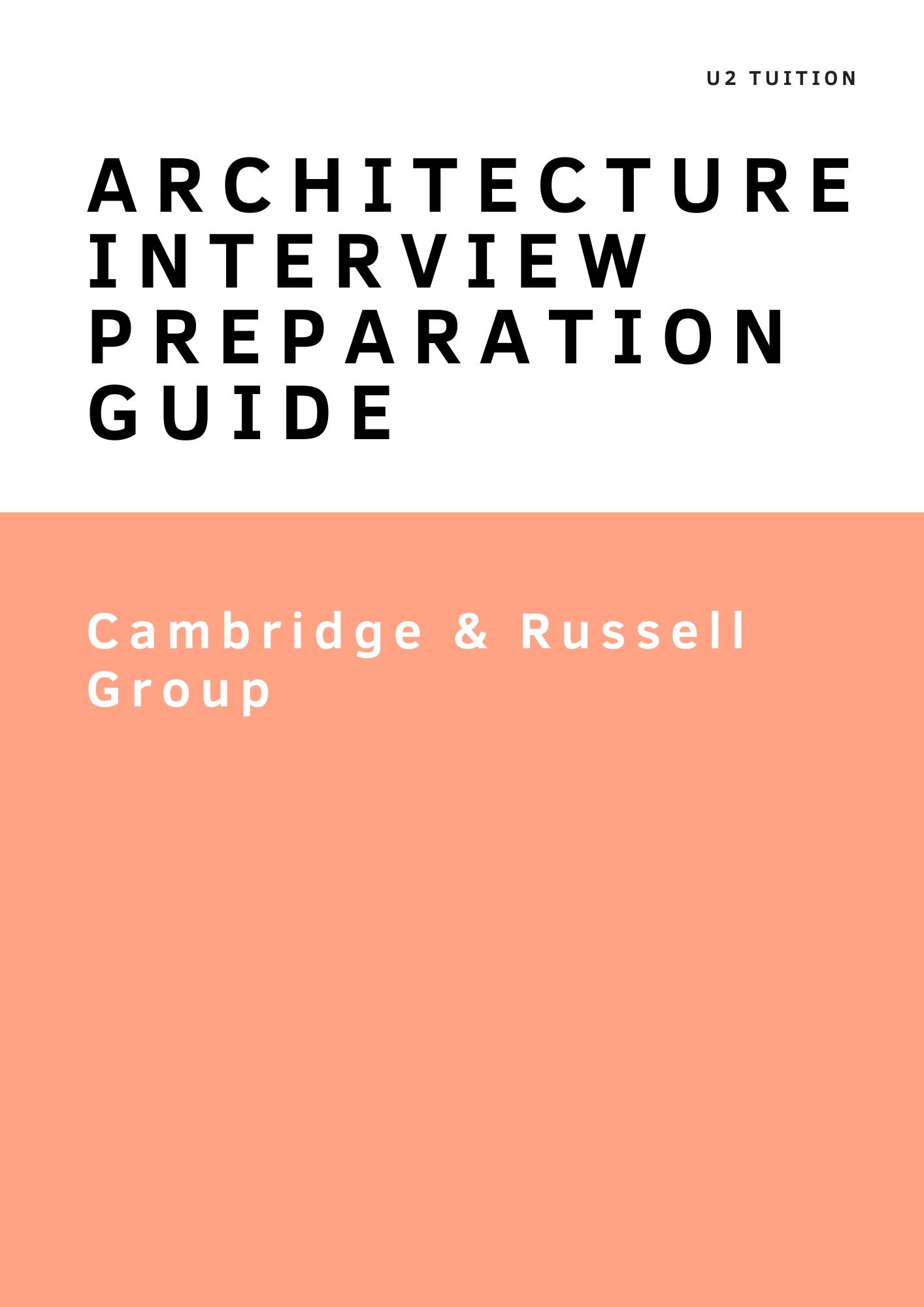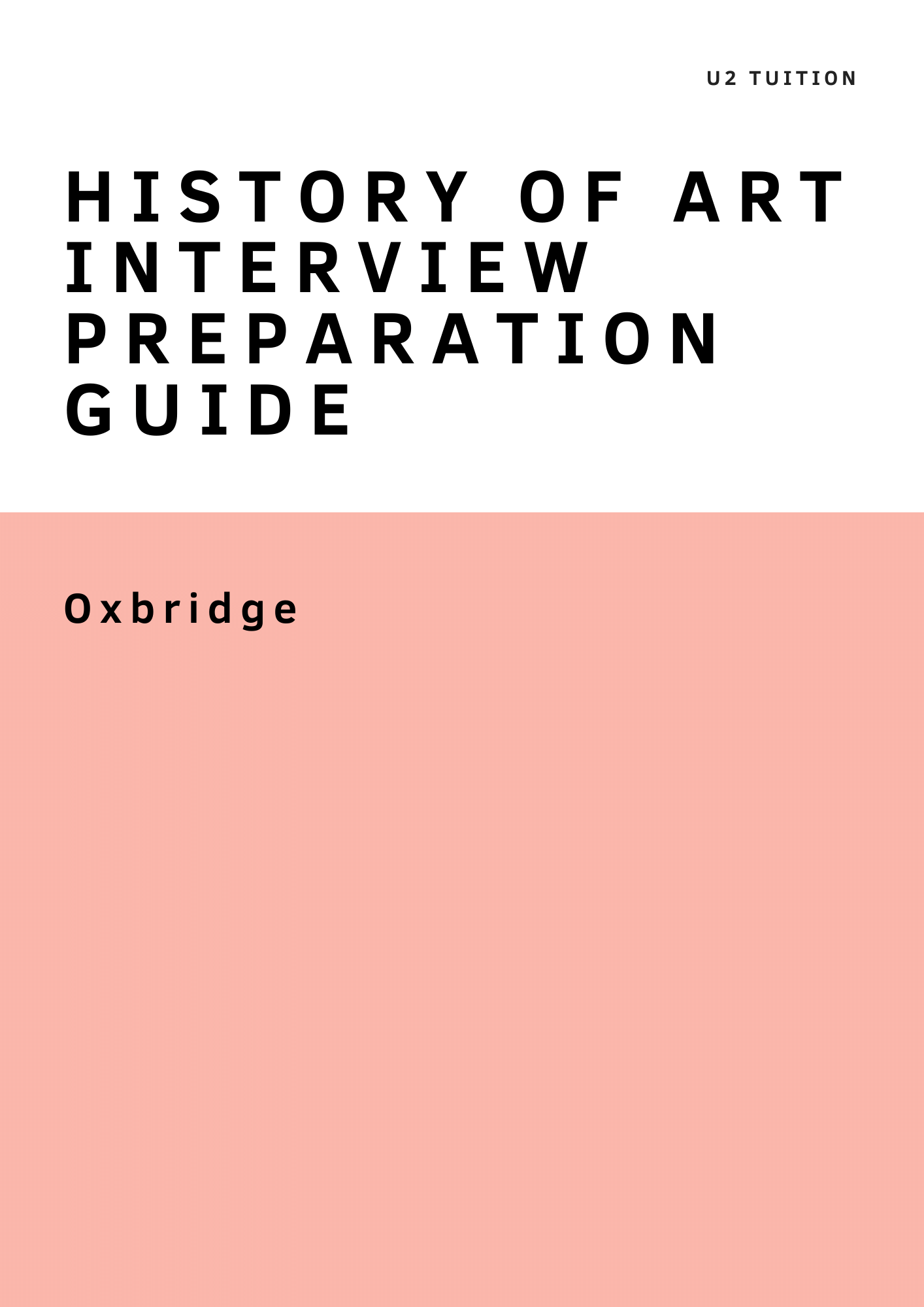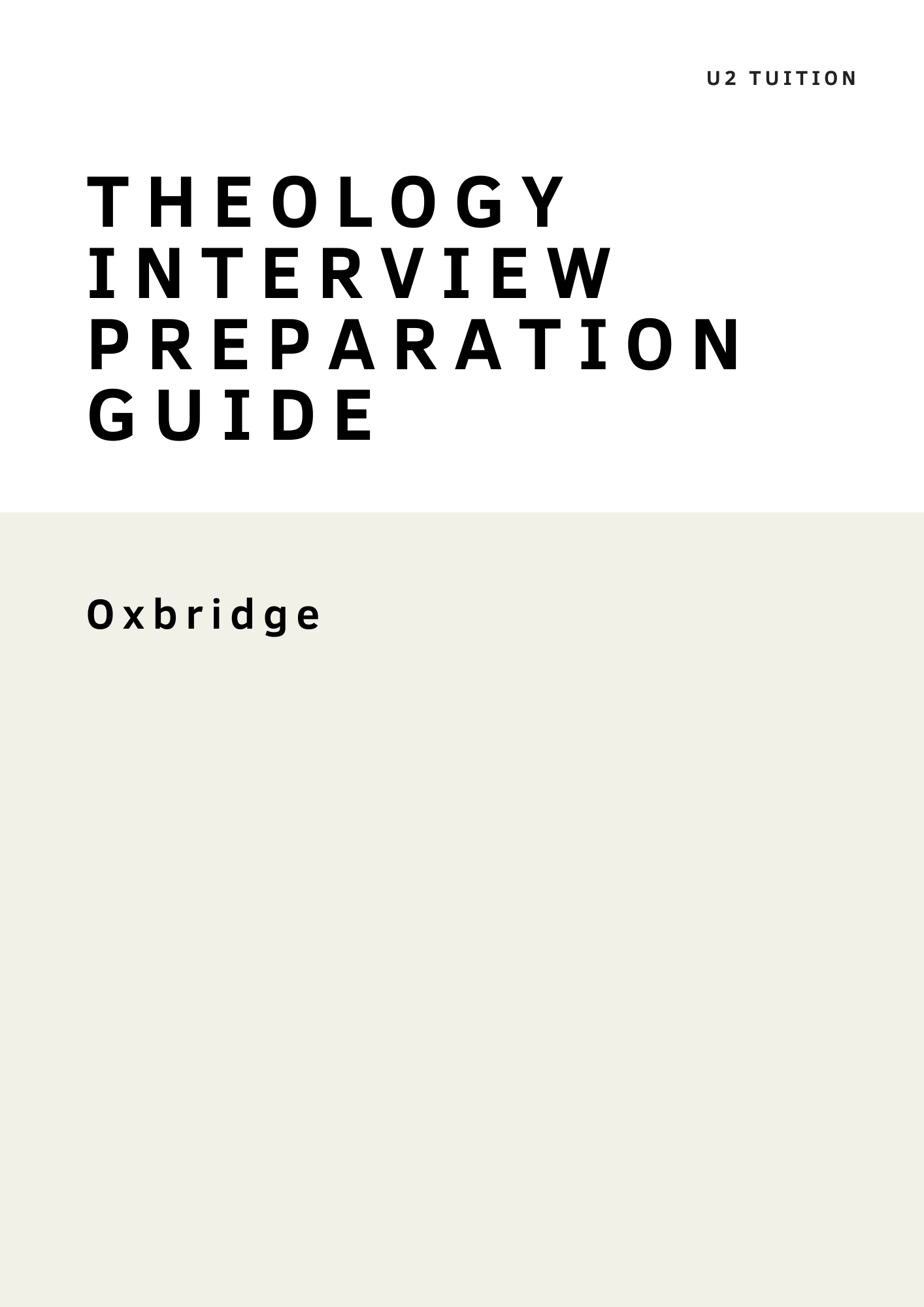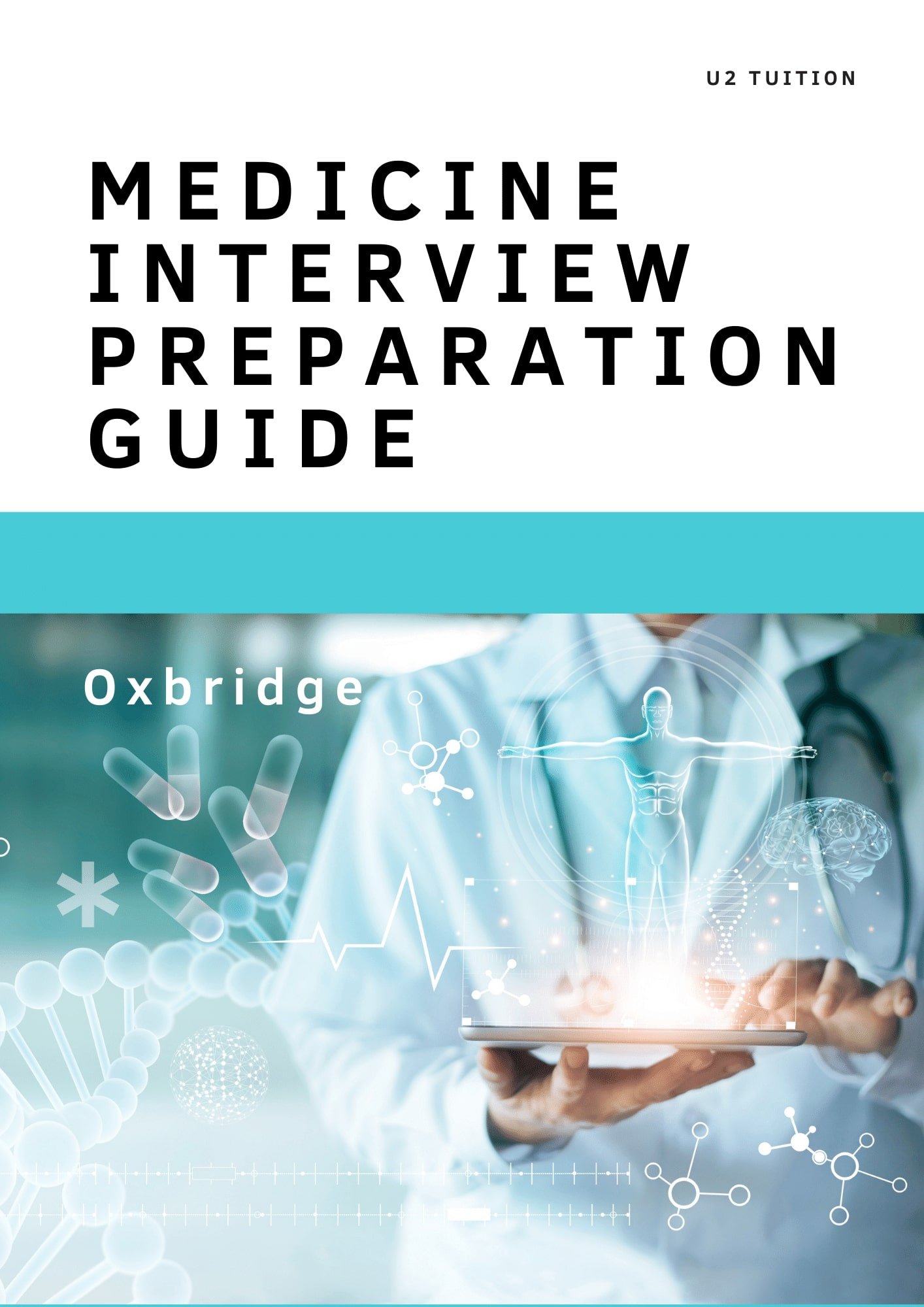How to Survive the Oxbridge Interview Process: Our Ultimate Guide and Top Tips for Success in 2024
Don’t Panic!
It is very clear that the run-up to the Oxford interview can be a daunting, even frightening time for applicants, who must complete a demanding aptitude test (ELAT for English Literature, MAT for Mathematics, and so on), then wait to see if they have attained a place at interview. There is, however, plenty of support available to applicants at these stages, from school-based tuition to the kind of external help that U2 Tuition provides – including preparation for interview technique, mock interviews, and the like.
Yet once the candidate actually arrives in Oxford, this support system is largely gone – and, although each college does its best to guide applicants through the interview process in as stress-free a manner as possible, the days spent interviewing can be a challenging time. Oxford, uniquely for British universities, and unlike Cambridge, asks that interviewees spend at least one night in residence at their chosen college while they interview, while candidates are frequently asked to remain for up to three days while they interview for different colleges – a process that can be high-pressured. This article aims to answer some questions about this time, and guide candidates as to how best to approach it – for there is no doubt that it can be rewarding instead of frightening, if looked at in the right way. Here, then, are five practical pieces of advice for tackling these crucial couple of days.
1) Ask Questions
The interview process can be a confusing one – for many subjects, students will have to undertake multiple interviews of different kinds, often with different tutors. For example, an English Literature interview typically consists of one general interview, where candidates are asked questions about their personal statement and general views on literature, and one close-reading interview, where they are asked to analyse an unseen poem stripped of context beyond an author’s name and date of publication. On top of this, in some cases, applicants will be asked to undertake a second, or even third interview at a different college. With such a welter of information and commitments, no wonder the process can be a confusing one – but tutors, student helpers and administrative staff of your college will be only too happy to help, whether guiding you to a different college, or reminding you of your timetable. These people are there to smooth your progress – so make use of them!
Also prepare one or two questions to ask the interviewers at the end. These could be about the interviewer’s specialist subject, or about the university – you can use this as a way to show that you’ve done your research, just make sure it comes across as curiosity and interest, rather than ‘brown-nosing’!
2) Enjoy the interview (or at least try to)
Of course an interview is a high-pressure environment – but it can also be a rewarding one. After all, an interview is designed to mimic the kind of tutorials which you will be taking should you be successful in your application. The tutors will, almost without exception, be genuinely interested in your viewpoint and your abilities; they aren’t trying to trip you up or confuse you! If you can approach your interview in a spirit of genuine intellectual curiosity you may be more relaxed – and you may also learn something. This is a chance to chat to experts in your chosen field, often world-leading scholars – seize it.
In most cases they are not interested in the answer. They want to see that you can learn, not what you already know. They will first discover what you don’t know, then they will give you a clue or a bit of information and will expect to see how you use that information, combined with your prior knowledge, to reach the next step towards the answer. It is very important that you talk through your logical thinking process. Not only does it display that you can learn on the spot, but it lets the interviewer see where your logical thinking has an error and correct it to help you reach the answer. This is how most learning happens at Oxbridge particularly and is how tutorials/ supervisions tend to work.
Try to carry a good amount of positivity/ humour through your answers, and try to be natural. This displays comfort and confidence in a way that isn’t arrogant. As well as making you feel better, it also makes the interviewer feel more positive towards you and makes you more likely to stand out.
3) Be comfortable in your downtime
You will be in Oxford for a lot longer than the duration of your interviews – so what should you be doing in this time? The answer is whatever will make you most comfortable and relaxed. If you think you’ll enjoy socialising with your fellow interviewees, there will be a chance to do so – and the colleges often put on entertainment for candidates such as games nights or film screenings. If you’d rather not, then don’t; no one is going to make you. Do something unconnected to your subject – go for a walk, or read a book.
4) Make sure Oxford is right for you
Oxford can be incredible, but it isn’t right for everyone. Your time at interviews can be a way of making sure that this university will suit you if you get in, so get to know the city and see what it has to offer – is it somewhere you will enjoy living for three years? Take the opportunity as well to experience the simulation of tutorials that interviews offer – is this a way of learning that you find stimulating and rewarding?
5) Trust yourself
By this point, you will have worked hard to get where you are, and while, of course, flicking through your notes the night before your interview, or rereading your personal statement can’t hurt, don’t heap pressure on yourself to do loads of revision during your time in Oxford. Cramming can easily become counter-productive when it deprives you of relaxation, so trust yourself to have done the work needed, and try and get a good nights’ sleep before your interview – being fresh is far more helpful than learning one more fact which you are unlikely to talk about anyway. You have been selected, you deserve to be here – so show your passion and your ability!
We help to demystify the process for prospective Oxbridge interviewees
Free Application Blogs
Our team of over 700+ Oxbridge-educated undergraduates, recent graduates and postgraduates, regularly co-write articles for us on all aspects of the admissions process. We have blogs on the admissions tests, how to prepare for specific subjects (e.g. Law, Medicine, Economics), how to choose your course and the differences between the Oxford and Cambridge nearest equivalents, interview skills, how to write a standout personal statement, and much more. We are constantly publishing new articles and if you have one in mind you can’t see, you are welcome to contact us to find out if it may be in the pipeline.
Co-Curricular Articles & Endeavours
Head over to our co-curricular division site, Minds Underground, for a treasure-trove of resources and opportunities for wider subject exploration, which is central to the Oxbridge process. Check out our Mind-Enhancing Articles on hot topics and trends within your subject, our free Curious Minds mailing list (note down your interests and we’ll send resources related to your subjects), as well as the plethora of masterclasses, research projects and Summer Schools you can mention in your personal statement/ bring into discussion at interview.
Oxbridge Mentoring
We have a large team of Oxbridge mentors who are well-placed to prepare you for the notoriously challenging interview process. Check out our different mentoring options here - mentors will prepare students for every component of the application process, ensuring long-term widening of subject knowledge, honing critical discussion skills, preparing for personal statement and admissions tests, and hosting mock interviews. Book a free consultation to discuss programme options and find out more about the process.
Oxbridge Subject-Specific Interview Preparation Guides







